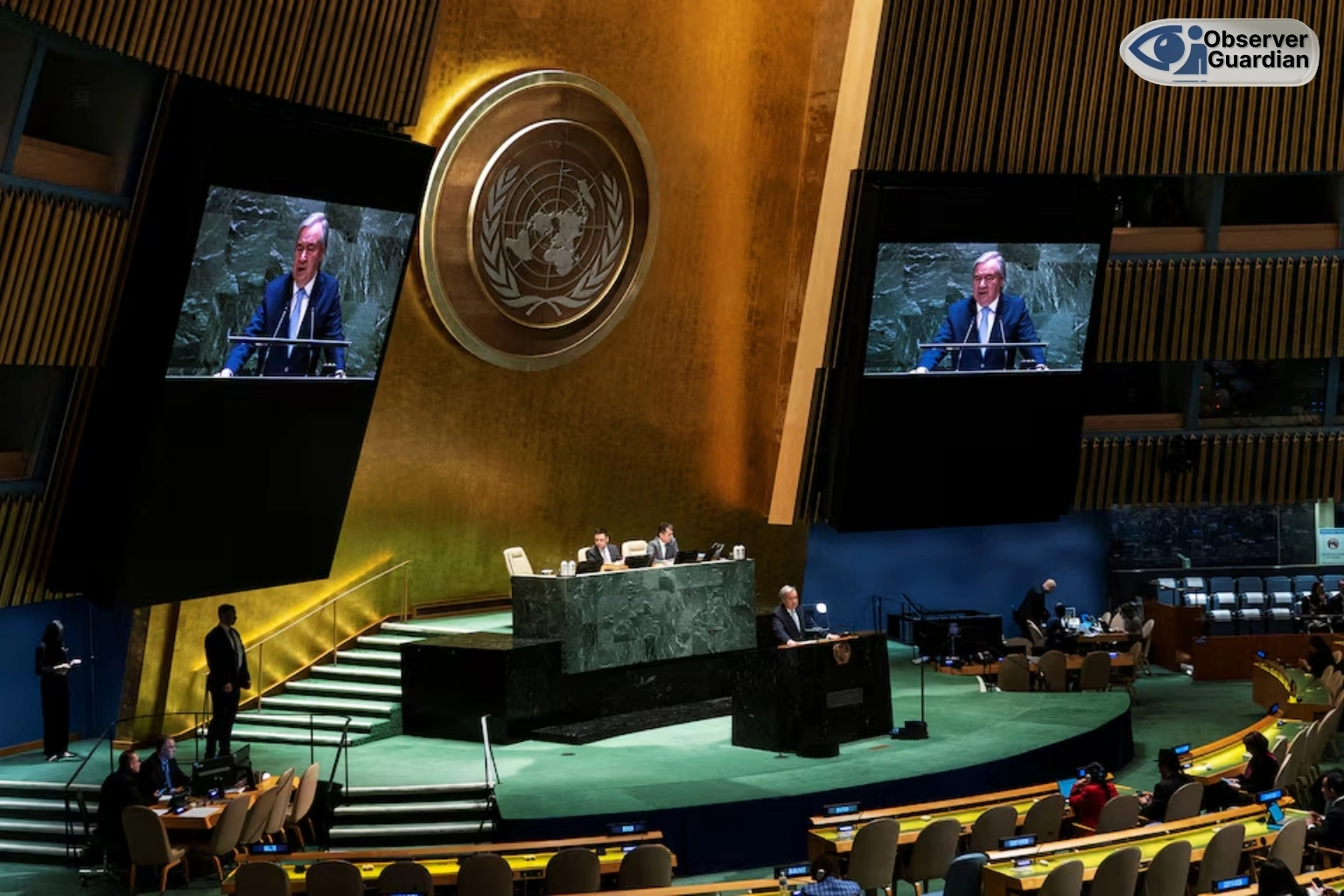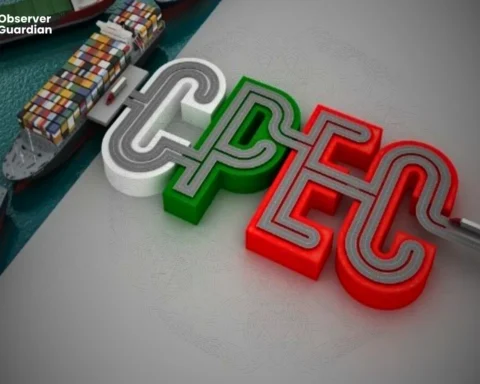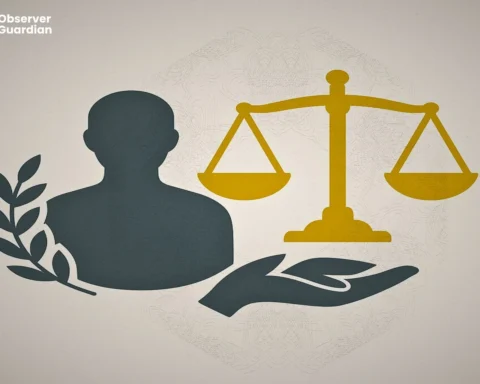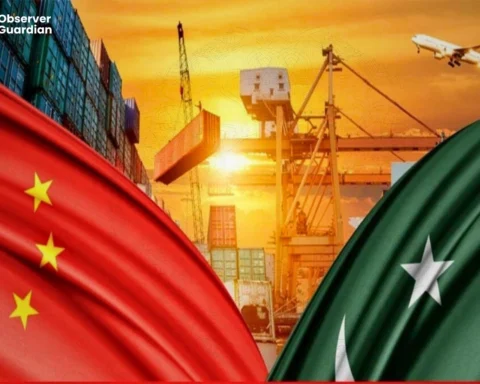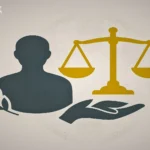The move by the International Court of Justice to attribute a clean and sustainable environment as a human right is momentous. It raises considerations on the environmental issues to the same seriousness as freedom, justice, and equality. This decision possesses great moral and legal authority. Environmental protection is not an option anymore for governments, corporations and communities but rather a responsibility. The ruling manifests a building momentum to deal with the climate crisis, pollution and destruction of the ecosystem. This frame of accountability has been provided by the court as it anchored environmental protection to human rights.
The Expansion of Human Rights
Conventionally, human rights served as the center of political freedoms, civil liberties and social justice. However, in the twenty first century not only existence but the survival of humanity depends on the fact that the environment should be defined as a core right. In the absence of clean air, drinkable water and stable climate systems the rest of the rights are rendered meaningless. The elevation also empowers grassroots activism as communities have the backing of the law to take on polluters and negligent governments.
Global Implications
This decision will continue to have mixed reactions among the legal and political environments all over the world. Those nations that have neglected the responsibilities regarding the environment might now be under international pressure. In country courts could follow in a similar train of thought by giving the citizenry the right to sue others (corporations or governments) in ways that harm the environment. There is also a potential change in international trade and investment legislation because higher standards of environmental protection should be maintained by businesses.
Although the decision made by the UN is universal, companies like Apple and Google are already facing pressure on the regulatory front. Their share of the digital economy is high, yet they are making their impact on the environment as well.
However, in energy related terms there is the monumental energy consumption of large data centers and supply chain challenges that hinge on the use of rare earth minerals. This has been the case as their green promises come under greater public scrutiny. The decision by the UN can be used to question these companies in case they fail in their promises.
The Competition Push in Information from the UK
The actions of the UK to introduce tighter antitrust measures on Apple and Google bring to light this further aspect of accountability. Offering its services to businesses these companies not only control markets but also influence environmental decisions indirectly. Online control over the behavior of consumers occurs because of control over app stores, advertising models and digital infrastructure. The regulation can deter monopolistic trends that suppress innovation of sustainable technology based products. In such a way the jurisdictions of the competition law and environmental law can start to overlap.
Corporate Integrity that Personally Address the Proof Beyond Business
The era of corporate freedom irrespective of responsibility is over. Companies cannot give primacy to profit at the cost of the ecology and welfare of human beings. In the case of tech companies this can be achieved through supply chain transparency, actual commitment to recycling and designing technology that does not use many resources. Greenwashing will no longer work anymore. Governments and courts have tried with greater strength to insist on actual change. Customers also will demand greater performance within the companies they patronize on a day to day basis. Whether a product works or not will not be the question but whether the product makes the collective right to a healthy planet.
Increasing Popular Demand
The mood of the population is changing extremely fast. Climate strikes, the youth movement and consumer activism are one way that is pressuring companies to make their practices greener. The UN decision enhances this pace by legalizing moral cases. It lends credence to those demanding systemic change as opposed to mere feigned adherence to such change. This makes environmental protection not only a civic duty but also a legal one so that there are no places to put it aside.
An Emerging Era of Governance
A combination of environmental rights and accountability in businesses is setting a new era. There is always a need to balance between economic growth and the ecological boundaries by governments. The firms need to incorporate sustainability to be part of their core strategies and not an eventuality. International organizations should make sure that there is compliance by international conventions by using treaties, reporting systems and sanctions. Implementing them consistently will be a challenge that will see that they are not used with loopholes and selective application. Nonetheless, the trend is undeniable because the world is heading towards the kind of system where environmental preservation is part of human dignity.
It is a milestone in world order when the UN court formally acknowledged the rights to the environment. It preconditions the enhanced accountability on the side of states or such powerful corporations as Apple or Google. National regulators have also been increasing their crackdowns on monopolistic incursions e.g. in the UK. Collectively, these developments are signs of the gathering strength of the move toward an environmentally grounded and human rights based economic power. The path forward is going to be complicated yet the principle is no longer an option. To discuss conservation of the environment is not only a choice but a right that people have on this planet.
Disclaimer: The views and opinions expressed in this article are exclusively those of the author and do not reflect the official stance, policies, or perspectives of the Platform.

